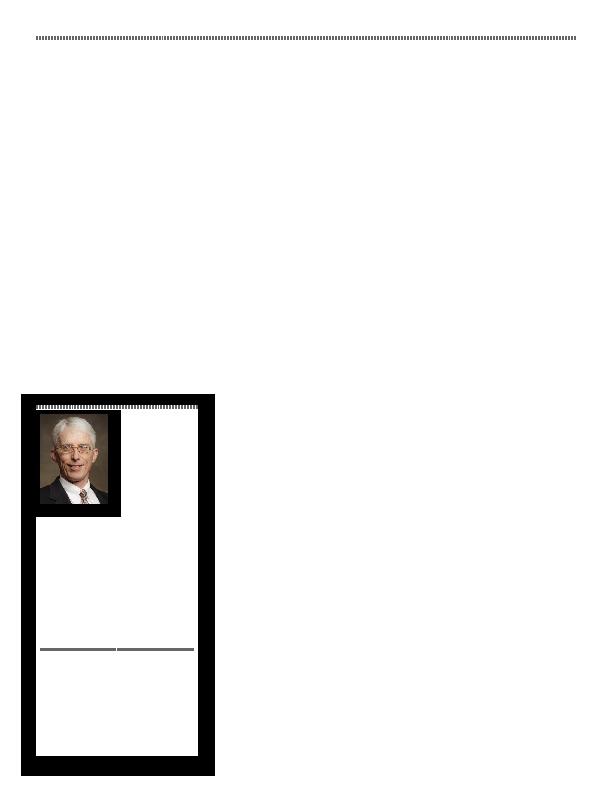
Unnecessarily Expose You to Personal Liability
organize your business as a corporation
(or LLC or other entity). Why? Because
creating a separate entity for your
business can insulate you, as its owner,
from becoming personally liable for
business debts. Nevertheless, while
you've followed all the steps to create
the corporation, you may have been
convinced to not use your long, clunky
"corporate name" for marketing purposes.
Instead, your marketing guru may want
you to use an abbreviated or truncated
version of it or some different tradename
a selected logo, more mobile-friendly,
easier to remember, etc.).
may be to use a short name or
phrase, rather than your full
entity name.
be exposing yourself to the personal
liability that you probably incorporated to
minimize or avoid.
First, statutes authorizing the creation
of entities invariably state that the name
of the business "shall" contain one or
more of certain words or abbreviations
identifying the type of entity. Corporate
statutes require the name to contain
something like "Corp." or "Inc."
Second, since entities can only act
through individuals as their agent, here's
some agency law. When an agent (i.e.,
you) makes a contract for its principal
(i.e., your business), the party who is
liable as between the principal and
the agent is dependent on the level of
disclosure. An agent who fails to disclose
that the contract is being made for its
principal, is personally liable on the
contract as if the principal does not exist.
An agent who discloses that he/she is
acting for a principal without identifying
that principal also is liable personally
(unless the other party otherwise agrees).
Only an agent who, in making a contract,
discloses both that he/she is acting for a
principal and identifies that principal is
not personally liable on the contract.
for business with just your
marketing name, you may be
giving up entity protection.
marketing material) is all about
identifying your business with that catchy
tradename, but doesn't include your
full, actual business name, you could
be leaving yourself open to trouble. The
burden of disclosure is on you and the
disclosure must have occurred by the time
of transacting business that is, before or
at the time of contracting.
People conducting business using
business cards, purchase order or receipt
forms, stationery and the like with only
some shortened version of their entity's
legal name (particularly if omitting
statutorily required words like "Inc.") or
just a fictitious (albeit catchy) tradename
have had to defend against claims of
personal liability of the business owner.
You may defend based on past dealings or
some other basis from which you can show
that the other party should have known
you were acting as agent for a disclosed
entity, but that costs you extra time and
money and may not be successful. You
organized as an entity in the first place
intending to avoid that risk.
what could go wrong.
Eurowest, Inc., but also used the name
"Eurowest Tours." O'Brien made
arrangements with Aeroflot to provide
Burch & Cracchiolo, P.A. handling commercial
and real estate transactions, commercial
litigation and general business representation.
He is also the firm's principal appellate
attorney handling civil appeals, including
special actions, in state and federal appellate
courts in diverse practice areas, including
cases before the U.S. Supreme Court.
702 East Osborn Road
Suite 200
Phoenix, Arizona 85014
bcattorneys.com